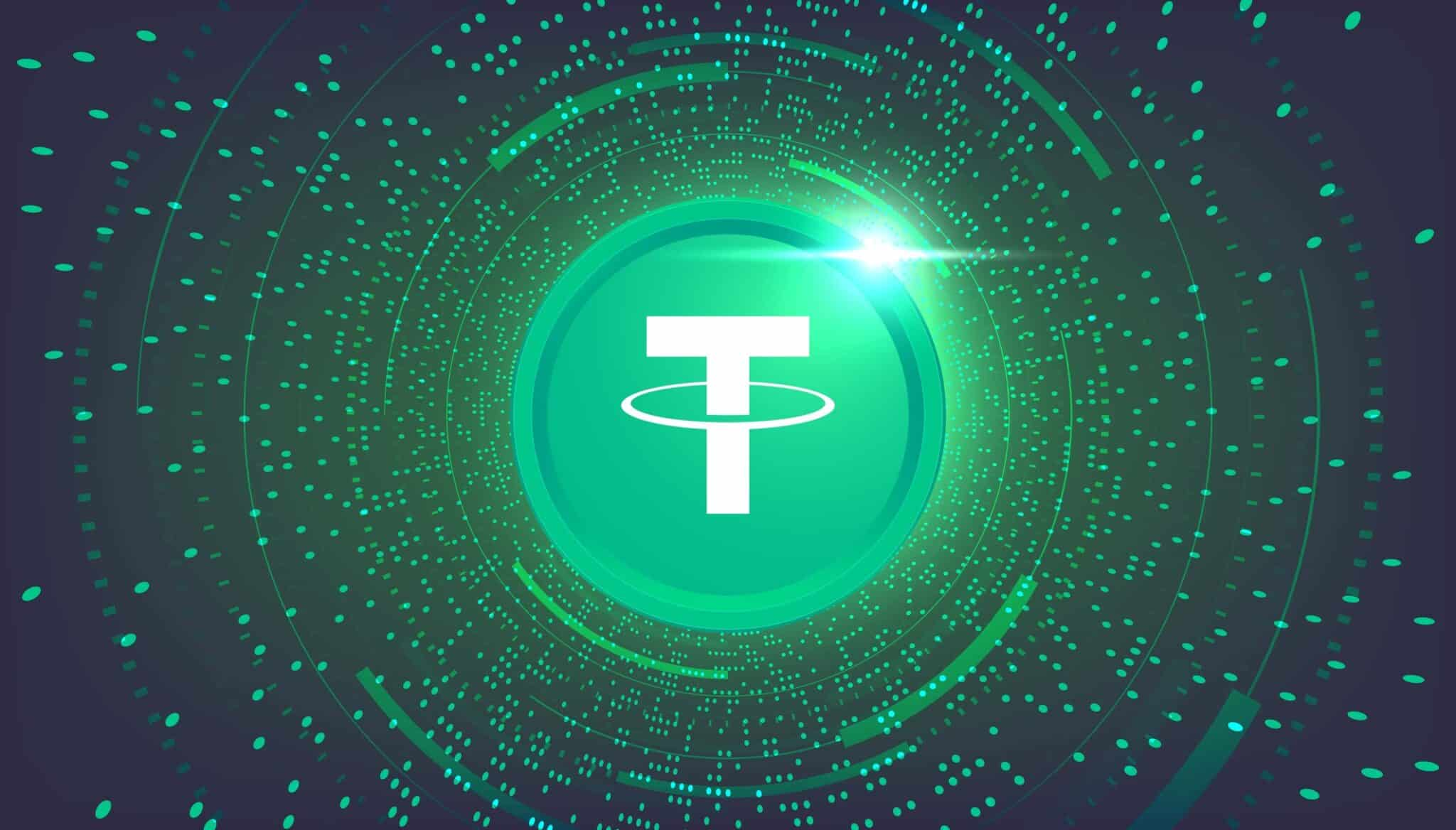- EasyCard
- Trade
- Help
- Announcement
- Academy
- SWIFT Code
- Iban Number
- Referral
- Customer Service
- Blog
- Creator
Safe withdrawal, how to legally convert USDT compliance into fiat currency?
Imagine that Jack is a trader who is passionate about investing in digital currencies. He has recently accumulated a lot of USDT and plans to convert it into fiat currency to pay for his living expenses. However, when he tries to exchange it through a new platform, his account is suddenly frozen. The platform requires him to submit complex identity verification information and even other unclear requirements. Jack feels confused: Can my USDT be smoothly converted into fiat currency? Have I encountered security issues?
Investors like Jack are not alone. More and more people are encountering similar difficulties in the process of converting USDT to fiat currency. With the gradual tightening of digital currency regulations in various countries, how to complete withdrawal operations within the framework of compliance and security has become a real challenge that many investors must face.

Next, we will delve into how to choose a compliance platform, understand relevant regulations, and avoid common risks, so that you can legally convert USDT to fiat currency while ensuring safety. Whether you are a novice in digital currency or an experienced investor, mastering these key steps can help you complete transactions more smoothly.
Why compliance is crucial for converting USDT to fiat currency
With the continuous development of the digital currency market, more and more people are choosing to invest, trade, and store value with USDT. As a stablecoin, USDT’s value is pegged to the US dollar and is almost unaffected by market fluctuations, becoming the first choice for many investors. However, converting these digital assets into fiat currency, especially when withdrawing, is far from as simple as trading with digital currency.
Compliance transition risks and challenges
We know that the global market for digital currencies is full of opportunities, but also full of risks. As governments around the world gradually strengthen their regulation of digital currencies, many platforms and users are facing strict compliance requirements. Illegal transaction methods can lead to serious consequences, such as frozen funds, failed transactions, and even crossing legal red lines, causing unnecessary trouble.
For example, some non-compliance platforms may not have strict identity verification procedures or are not regulated by the government, which makes them easy breeding grounds for illegal transactions. When investors trade through these platforms, they are easily at risk of being scammed or encountering platform runaways during withdrawals. For investors who want to legally and compliantly convert USDT to fiat currency, choosing a safe and reliable channel is crucial.
Benefits of compliance
Withdrawing funds through compliance platforms and channels not only ensures the safety of funds, but also avoids legal risks caused by violating legal regulations. For example, compliance platforms usually require users to undergo KYC verification to ensure that all transactions comply with legal regulations and effectively prevent illegal activities such as money laundering. Moreover, compliance platforms usually provide transparent fee structures and clear processes during the transaction process, avoiding unnecessary disputes and troubles.
Withdrawing funds through legal channels can also avoid being affected by policy fluctuations. On some platforms without compliance certification, users may face sudden policy changes, such as account freezing and withdrawal restrictions. Compliance platforms usually operate in accordance with local laws and regulations, and will promptly notify users of relevant policy changes to protect the legitimate rights and interests of investors.
How to choose a compliant platform for exchanging USDT to fiat currency
In the process of converting USDT to fiat currency, choosing a compliance platform is crucial. This not only relates to the smoothness of the exchange, but also to the security and legality of funds. Although trading with individual merchants may seem convenient, there are actually many risks hidden. On the contrary, choosing a compliance institution for trading, whether on a well-known exchange or other regulated platforms, can provide users with more protection.
Firstly, choosing well-known compliance trading platforms for transactions, such as Coinbase, BiyaPay, and Kraken, is undoubtedly a safer and more reliable choice. These platforms are not only subject to strict financial regulation to ensure legal compliance during the transaction process, but also the transactions between them and users are conducted directly, with clear and legal sources of funds.
These platforms can provide users with a high level of security through strict compliance procedures, reducing risks caused by platform non-compliance or improper operation. Among them, BiyaPay, as a global multi-asset trading wallet, provides efficient and convenient digital currency exchange services with low transaction fees, fast arrival, and no limit on credit limit. Its compliance and security have also been widely recognized.
Compared with these compliance agencies, platforms like Binance and OKX have different transaction methods. These platforms are actually transactions between individual merchants and users. Although these platforms themselves have a high reputation in the market, the security of their fund circulation is more complex because they allow individual merchants to directly trade with users, and the source of funds may not be fully guaranteed. Under this transaction model, there are certain risks, including but not limited to fund theft, platform absconding, or transaction disputes.
Transactions with individual merchants may face more uncertainty, especially in terms of withdrawals or fund security. Although some large platforms provide P2P transaction functions, without sufficient identity authentication and fund supervision mechanisms, the fund security of both parties cannot be fully guaranteed. Therefore, for investors who do not want to bear too much risk, it is best to avoid USDT exchange transactions with individual merchants and choose compliant institutional platforms to ensure the legality of transactions and the safety of funds.
How to ensure compliance and legality
In addition to choosing a reliable platform, it is crucial to understand and comply with local regulations and strengthen security measures. Different countries and regions have different regulatory policies for digital currencies. Therefore, ensuring that you operate within a legal framework can not only avoid unnecessary legal troubles, but also ensure the safety of funds.
Firstly, understanding the local regulatory policies regarding digital currency is fundamental. In some countries, digital currency transactions are strictly regulated, especially in terms of Anti Money Laundering (AML) and Know Your Customer (KYC) requirements. Complying with these regulations helps you conduct transactions legally and avoid legal risks due to ignoring regulations. For example, in some countries, digital currency transactions may be considered tax revenue, and failure to declare as required may result in fines or other penalties. Therefore, understanding and complying with tax regulations is also an important step in ensuring compliance.
In addition, KYC (Identity Verification) is a process commonly required by compliance exchanges. Almost all compliance platforms require users to verify their identity and submit information such as proof of identity and address. This is not only to ensure that the platform complies with local legal requirements, but also to protect users from fraud and illegal transactions. Although the KYC process may take some time, it provides you with additional transaction security, especially when cross-border fund flows occur. Identity verification can effectively avoid problems such as funds being detained or platform fraud.
When conducting KYC certification, it is essential to ensure that the platform uses secure encryption technology to protect your personal information. With the increasing severity of cyber security issues, choosing a platform with high encryption technology can effectively prevent data leakage.
In short, understanding local regulations and platform compliance requirements is a prerequisite for ensuring transaction security and legality. Converting USDT through compliance channels can not only ensure the smooth arrival of funds, but also avoid risks caused by violating local laws and regulations.
*This article is provided for general information purposes and does not constitute legal, tax or other professional advice from BiyaPay or its subsidiaries and its affiliates, and it is not intended as a substitute for obtaining advice from a financial advisor or any other professional.
We make no representations, warranties or warranties, express or implied, as to the accuracy, completeness or timeliness of the contents of this publication.




Contact Us
Company and Team
BiyaPay Products
Customer Services
is a broker-dealer registered with the U.S. Securities and Exchange Commission (SEC) (No.: 802-127417), member of the Financial Industry Regulatory Authority (FINRA) (CRD: 325027), member of the Securities Investor Protection Corporation (SIPC), and regulated by FINRA and SEC.
registered with the US Financial Crimes Enforcement Network (FinCEN), as a Money Services Business (MSB), registration number: 31000218637349, and regulated by FinCEN.
registered as Financial Service Provider (FSP number: FSP1007221) in New Zealand, and is a member of the Financial Dispute Resolution Scheme, a New Zealand independent dispute resolution service provider.




















